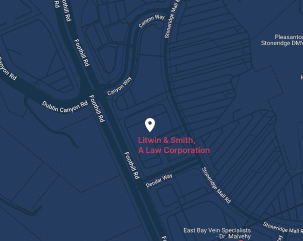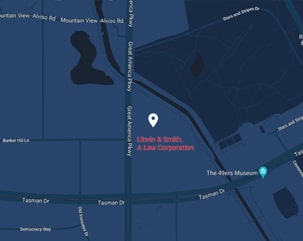A Primer on Deemed Export Rules
Many people are aware that certain sensitive exports from the United States may require licenses. What most people do not know is that a foreign national who may potentially carry information out of the United States – even just in their brain – may require a license as well. A person traveling usually does not have to apply for a license before getting on the plane for an international flight, but if that person will have access to sensitive or proprietary information, his/her employer might. Here is how it works.
Knowledge of an encryption software product is a good example. Due to potential military usage sensitivity, a company that wants to sell encryption software overseas must obtain a license to do so. Once the license is obtained, software programs can be sold to individuals and governments abroad. The need for such a license for tangible software products is clear. But what about a software engineer who is a foreign national and who develops or works on the software program here in the U.S.? Once the person travels back to their home country, the knowledge in that foreign national’s brain has been exported. Deemed export rules go even further than that, though. Even if the person does not leave the United States, that knowledge is considered to be “exported” once a foreign national has been exposed to it.
When technology is released to foreign nationals who are in America, that knowledge is considered to have been exported to the foreign nationals’ country or countries of nationality, even if the person never leaves the United States. This is called a “deemed export.” Such a “release” of technology may happen in meetings, in conversations, or merely in day-to-day work. Technology subject to deemed export rules is not limited to encryption as in the above example, but also to pharmaceuticals, nanotechnology, biotechnology, quantum computing and more.
Is the Deemed Export Rule New?
The “deemed export” rule has been around for quite a long time. Employers around the country were assumed to have been familiar with and in compliance with it. While many large employers have been aware of this requirement, many small and medium-sized employers have not been. This was brought to a head, recently, when the USCIS published the most recent version of the Form I-129 “Petition For A Nonimmigrant Worker” (a form used to petition for a number of types of nonimmigrant workers). That version – use of which became mandatory on February 23, 2011 – requires an employer who is petitioning for H-1B professionals, L-1s, intra-company transferees and others, to certify that they have actually reviewed the Export Administrative Regulation (EAR) AND the International Tariff in Arms Regulation (ITAR) and will be complying with them.
In addition, based on their review, they must affirmatively state either that: 1) they have concluded that a license is not required or 2) a license is required. If a license is required, it must further be affirmed so that the employee has either received a license or that the employee will be prohibited from accessing the controlled technology or data until such a license is obtained. Again, while the law has always required that employers obtain licenses when necessary, this language has put the issue in the face of the employers who can no longer ignore the requirement. Now, employers are scrambling to read the regulations and to determine whether a license is required or not.
Most employers are not required to obtain licenses for their proprietary knowledge. Therefore, many will feel comfortable checking the box which states that no license is necessary. That, however, begs the question since the employer must affirmably certify that the regulations have actually been reviewed. Closing their eyes to the regulations is not a reasonable or acceptable alternative should their actions ever be investigated. Nor is it easily clear when licenses will not be required. Even in the most benign environments, a license could be required.
If you are interested in bringing a qualified worker into the United States, and have concerns in filing Form I-129 in conjunction with an H-1, L-1 or O-1 visa, contact an experienced immigration law attorney in your area.


